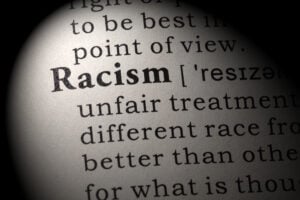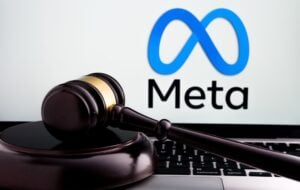Ten years after the 2008 financial crisis, economists are beginning to assess the lessons learned. Sometimes we learn the right lessons. Sometimes we learn the wrong lessons. And sometimes we fail to learn the lessons that we should. In a recent Project Syndicate article, Nicola Gennaoli and Andrei Shleifer consider two myths of the 2008 crisis.
The first myth consists in blaming the crisis on moral hazard. By this, the authors seem to mean the greed of financial managers and big firms. Few things, they say, are as popular as blaming big bankers when something goes wrong in the financial market. Certainly, popularity is no measure of correctness. Greed is a constant, and as such it cannot explain the crisis. Something other than greed made the crisis happen in 2008 instead of any other given year.
The second myth is that the crisis was unexpected. Gennaoli and Shleifer argue that the 2008 crisis presented the same characteristics most financial crises do. The growing likelihood of the crisis was to be expected. The fall of Lehman Brothers accentuated a process already in place. Furthermore, that an institution such as Lehman Brothers may go bankrupt should not have been a surprise when looking at other financial crises.
The second myth is interesting. Most policy makers seem to accept the position that crises are, by definition, unexpected. If they were expected, then they would have been priced and mitigated, if not avoided entirely. This is a convenient position for policy makers to hold. If crises are unexpected and, hence, unavoidable, the experts charged with preventing these events are absolved.
There is some truth in this. Some crises are unexpected, such as when an economy faces a real shock. The economy of New Orleans suffered a decline when it was hit by Katrina. However, the fact that some crises are unexpected does not mean all crises are unexpected. And this may be one of the most important lessons to be learned from the 2008 crisis. It is possible that a combination of a monetary policy that is off track and inefficient regulation leads to imbalances such as a housing bubble.
Still, even if a crisis can be expected (in the sense of an increase in the likelihood of occurrence), the specifics of the event can be hard to predict. One of the unexpected things is when the crisis will happen. Another is how big it will be. Still, this is not what is usually meant by an unexpected crisis. What is meant is that the event, not its characteristics, is unexpected.
Combining a loose monetary policy with a bad regulatory framework is like playing with fire in a distillery. You may not know when and how much you will get burned. But you reasonably expect to get burned and, when it happens, you cannot claim it was unexpected.





